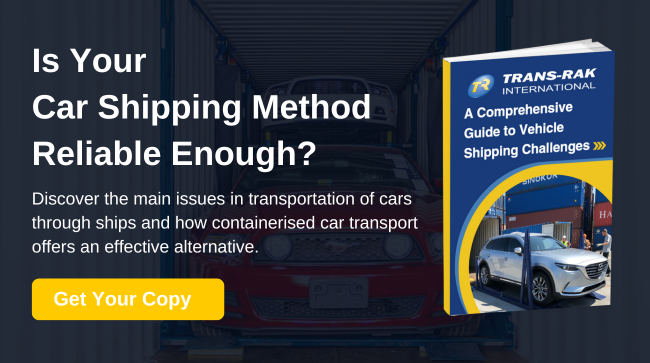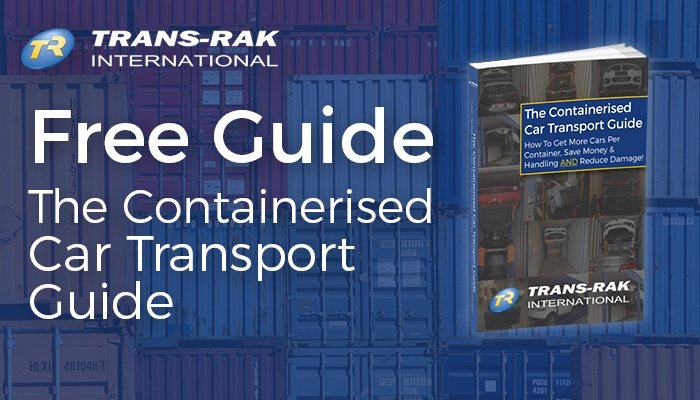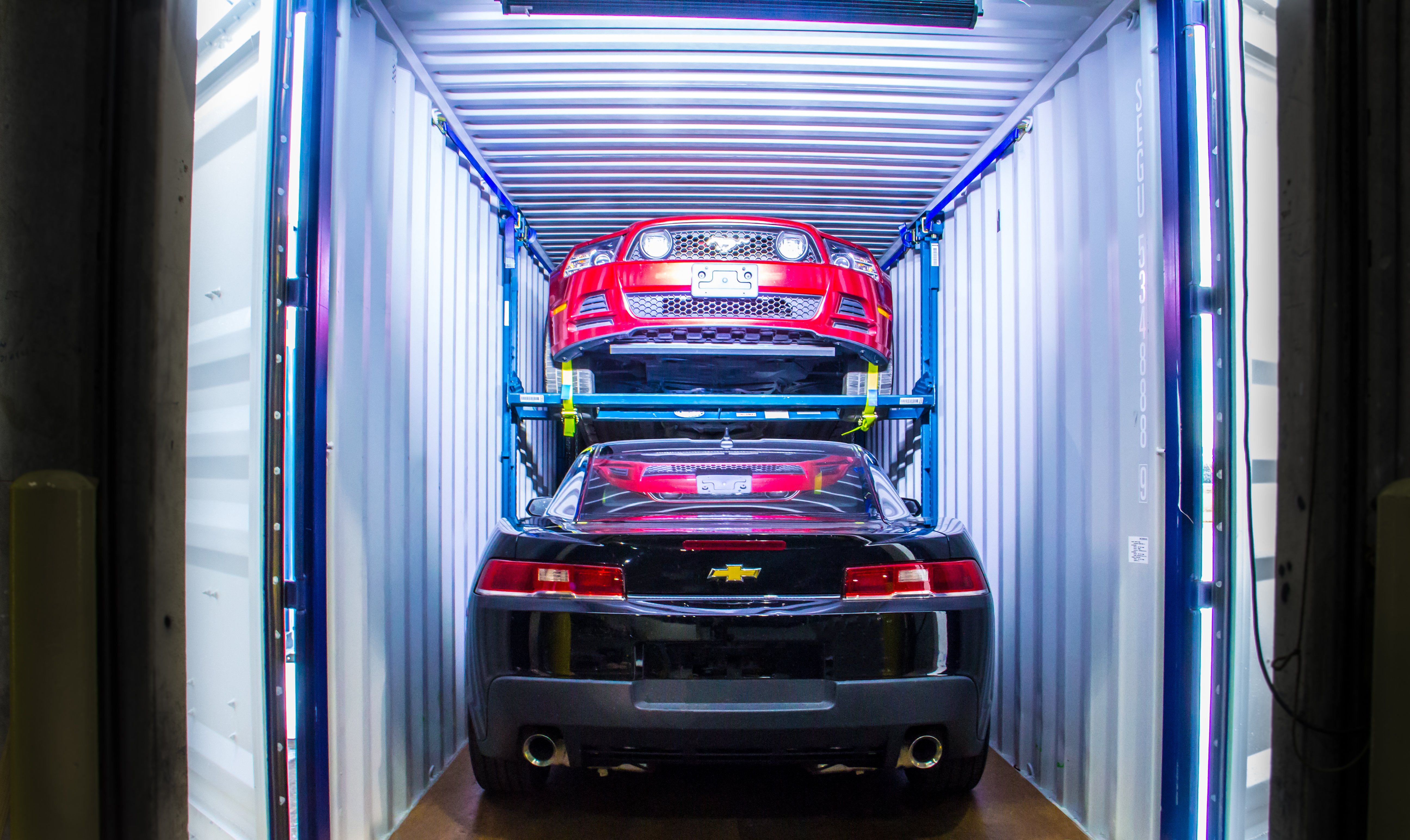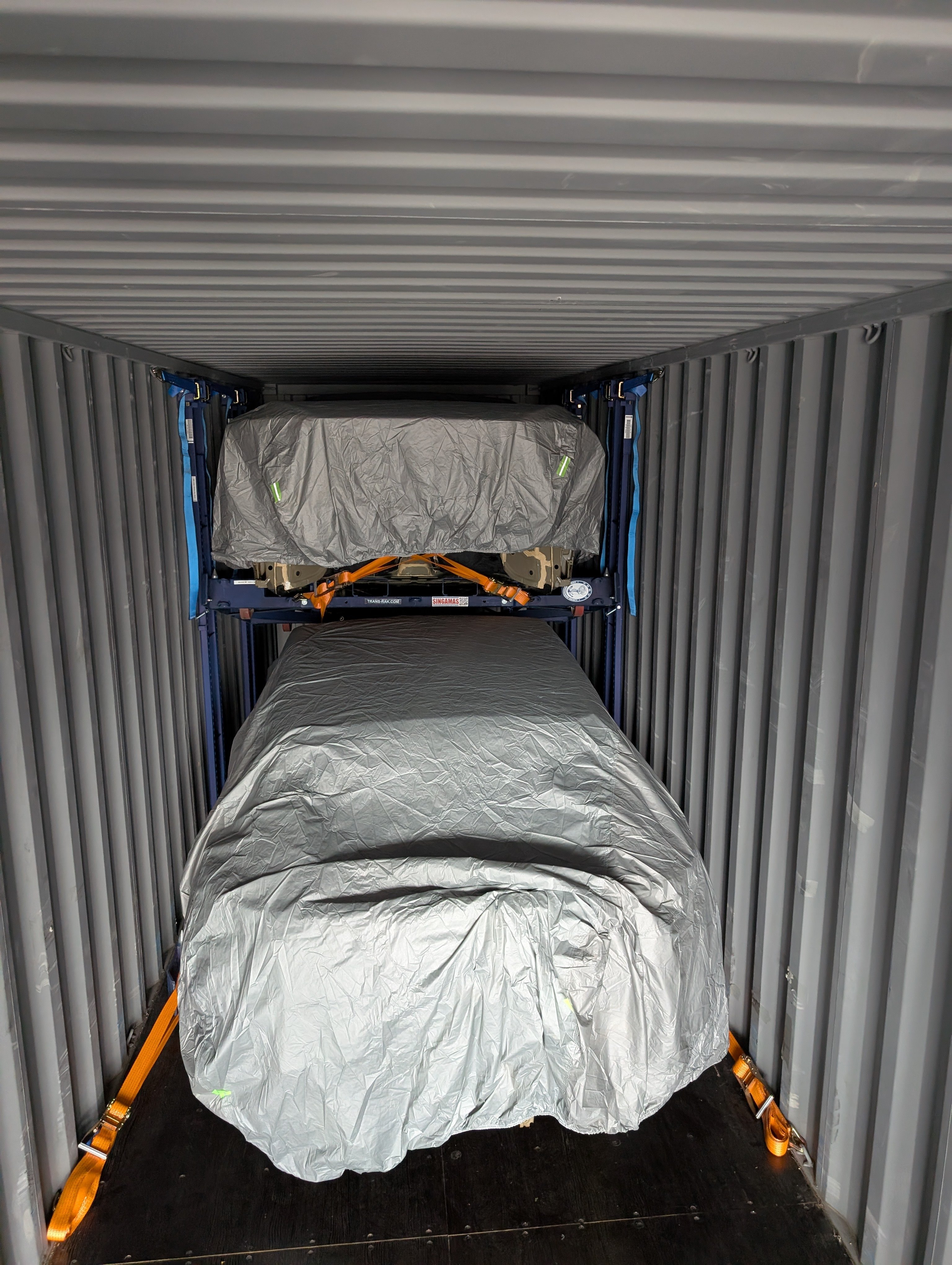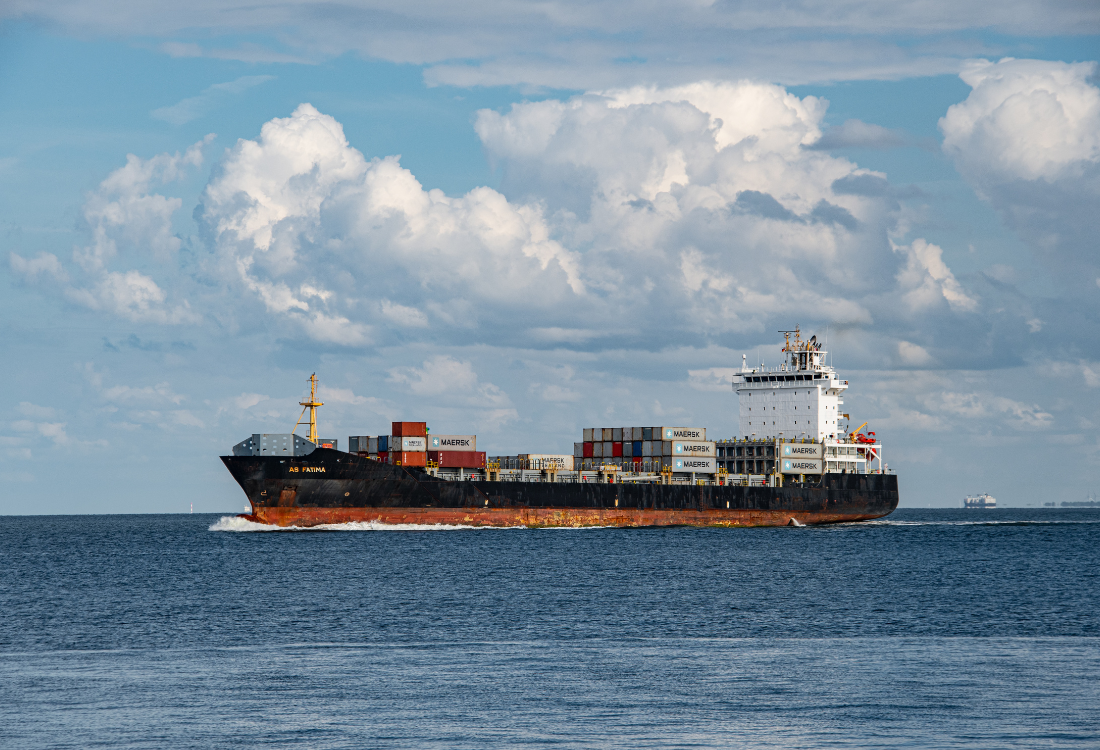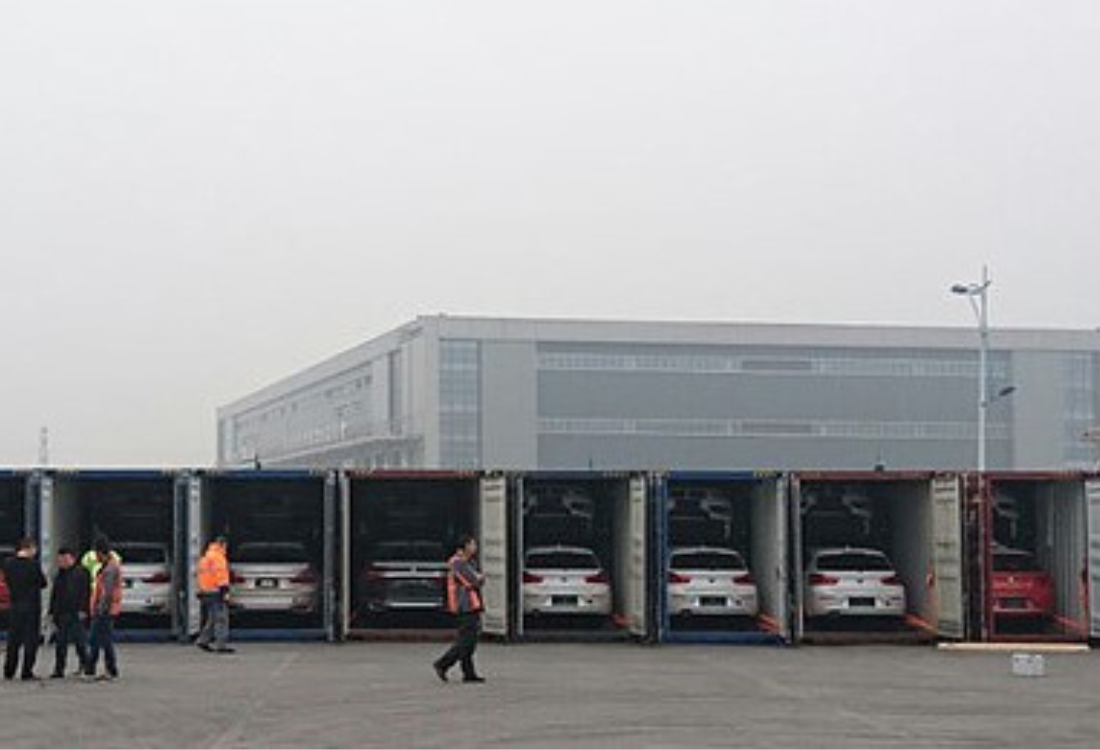
In the scheme of things, the lithium-ion batteries used by electric vehicles (EVs) are not large components. A typical 6 to 12 kWh battery used by a small EV weighs between 100 and 150 kg, and even the largest 60-100 kWh EV batteries rarely weigh more than 600 kg. Not pocket-sized, for sure, but certainly no challenge for an ocean-going Ro-Ro or container vessel.
Despite this modest size, however, EV batteries have become one of the biggest and thorniest problems in global logistics, with a significant worldwide shortage of vehicles suitably equipped to transport them safely.
This carrier shortage is not from any lack of vessels, but due to the fire risk posed by lithium-ion batteries. EV batteries contain a cocktail of highly flammable and volatile materials, and when they become damaged or overheat, they can easily cause a fire. Once ablaze, these fires are often difficult to extinguish due to the intense heat produced, and the potential for re-ignition.
An on-board fire linked to lithium-ion batteries in a cargo ship’s hold in Dutch Harbor, Alaska in January this year (2024), took over four days for the US Coast Guard to fully extinguish. This is just the most recent example. Another lithium-ion battery caused an explosion on board an oil tanker docked in Baton Rouge, Louisiana in November 2023, causing over $3 million worth of damage to the vessel – and this was just from a small hand-held radio battery. The potential damage caused by a fire or explosion from a large EV battery could well be catastrophic – and shipping companies are well aware of this.
For this reason, a growing number of charter carriers are refusing to ship EV batteries, leading the world’s largest vehicle battery manufacturer, BYD, to enter the shipping market in its own right. The Chinese manufacturer launched the BYD Explorer No.1 at the beginning of 2023 – a huge Ro-Ro vessel with a carrying capacity of 7,000 cars.
Unfortunately, most automotive transport companies don’t have the luxury of building their own ship if they can’t locate a charter vessel!
However, investing in the right racking solution for your electric vehicle transport could resolve both safety considerations and space optimisation. A shipping container racking solution allows you to store EV vehicles securely within the container away from the vehicle, fulfilling the safety requirements of most container shipping carriers. This avoids the need to find a Ro-Ro ship willing to ship an electric vehicle with a battery in place and simplifies long-distance logistics for electric vehicles.
Find Out More
To find out more about our racking solutions, including the R-RAK and EL-RAK, please contact Trans-Rak today


